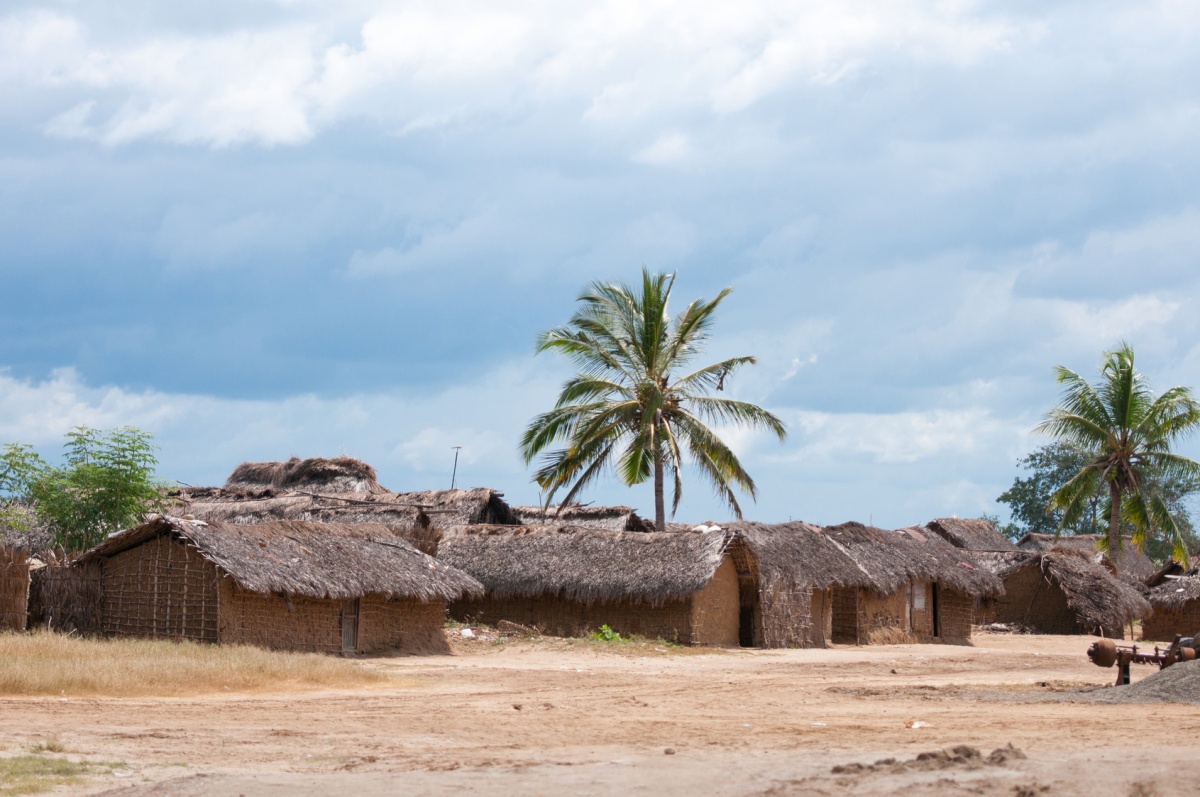People travel around the world because they want to gain new experience, challenge themselves, and learn about other cultures. The best thing is that most countries are open for travelers, and exotic Tanzania is not an exception.
Hard to believe that forty years ago, this African country was closed off from the rest of the world. Nowadays, it is an exclusive tourist destination that attracts with its hospitable people, beautiful sights, and affordable prices. There are a lot of attractions including mount Kilimanjaro trek, Zanzibar beaches, Pemba island, and numerous national parks. If you plan a trip to Tanzania this summer, it’s time to take off your rose-colored glasses and make a plan for your trip. It’s going to be a fantastic experience, but you need to put an effort to make sure nothing goes wrong.
Visa requirements
You don’t need a tourist visa if you a proud holder of a passport from African countries, Jamaica, Malaysia, Hong Kong, Barbados. In all other cases, you will need to get a visa upon arrival in Tanzania. To do so, you need to fill out the form at the airport. Another option is to apply for a visa in advance by post.
Also, you will need to pay the fee on the spot. It’s $50 for nationals of Canada, the United Kingdom, and Australia. For citizens of the United States, the cost of the visa is $100. To get up to date information about visa requirements in Tanzania, seek assistance from the consulate or embassy.
Local language
Swahili is the official language in Tanzania, but a lot of locals can freely speak English. An interesting fact is that Swahili is considered one of the easiest languages to learn, so make sure to know some basic phrases before you hit the road. If you need some inspiration to do so, tell yourself ‘Hakuna Matata.’ You’ve heard of it in The Lion King, haven’t you? It is a real saying in Swahili that means ‘no worries.’ If you want to break the ice when you meet locals, greet them in their language, they will definitely appreciate this!
Vaccinations
It’s crucial to get the recommended vaccines before you travel to Tanzania. If you ignore it and become ill, quite possibly the nearest hospital will be far away. To prevent the risk of getting severely sick, make an appointment with your doctor. The Centers for Disease Control and Prevention recommends to have the following vaccinations:
boosters for tetanus
hepatitis B
hepatitis A
typhoid
rabies
It is not officially required to have a yellow fever vaccination certificate, but it’s better to have it.
In addition, you should have health insurance. If something happens and you or your loved ones will need to get to the hospital, have some cash with you since it is the only payment method local doctors accept.
Travel budget
When you plan your budget for the trip, include ‘unexpected tips.’ Some restaurants and hotels owners require tipping their staff. Even though Tanzania is considered a relatively cheap country, some activities such as safari can cost up to $1500.
Drive very carefully if you rent a can since police officers can’t wait to give foreigners a ticket. Make sure you have cash in case something happens. Also, be aware that there are a lot of scammers in the large cities who pretend to be police officers. So, ask for their IDs first and never pay fines on the spot.
Internet connection
If you want to stay connected with your friends and relatives while you are in Tanzania, buy a local sim card. The best thing is that you can even get 4G is you pay extra. You can buy a Vodacom SIM card and an Internet package for $5. There is also another local mobile phone network called Zantel.
Safety concerns
Tanzania is considered a hassle-free country; however, there are specific rules that you need to know as a traveler. For example, don’t enter a taxi that doesn’t have an official sign. Avoid sitting in a taxi with other passengers. Locals don’t know the concept of sharing a cab; you can get yourself into trouble. Once you are in the car, keep your windows closed since your bags can get stolen when you are stuck in traffic.
Never pay for something in advance, including safari, and don’t accept food or drinks in public places. If you are a female sole-traveler, dress modestly and avoid isolated stretches of beach. Also, consider booking a private room rather than staying in a hostel with strangers.
Make copies of all your documents and keep them in your luggage in the hotel room. When you travel to the nationals parks, take a passport and wallet with you; put them in the hidden pocket.
Feel free to bargain in the local market, but don’t do this with money in your hands.











